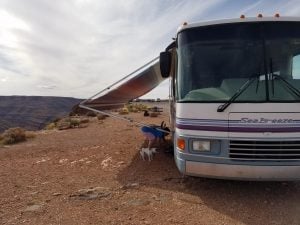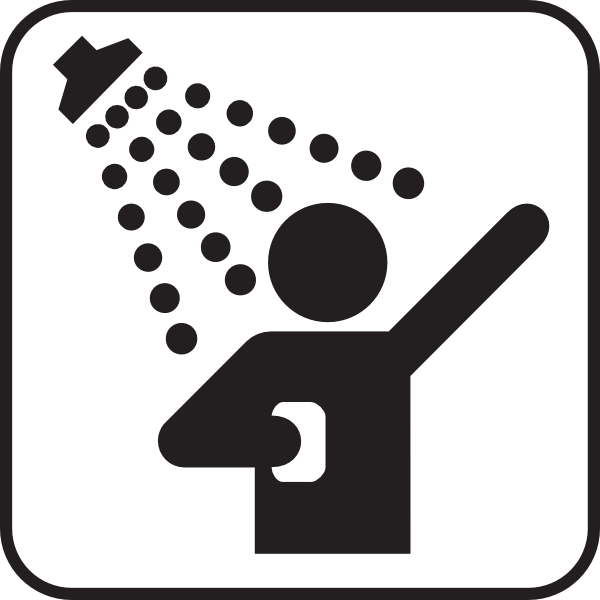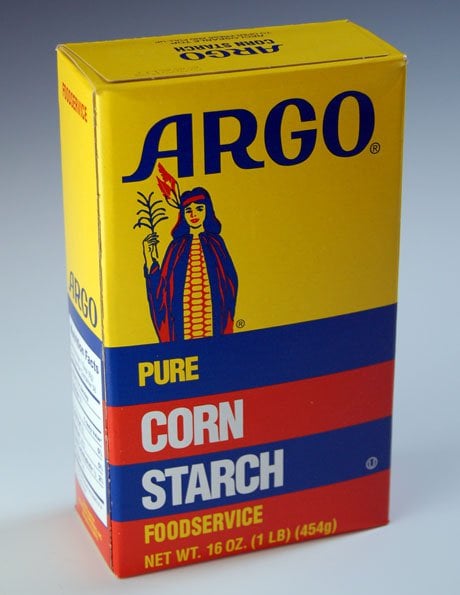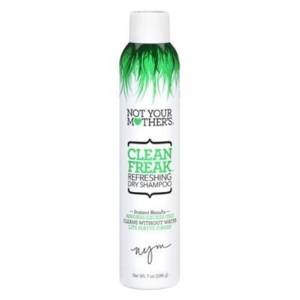Dry camping without hookups often comes with many benefits that you don’t get when staying in a park. When you know how to live without water, sewer, and electric RV connections you can do things like:

Photo by m.elliot63 on iRV2 Forums
- Experience the independence of living off-grid
- Get away from crowds
- See the backcountry
- Experience peace and solitude
But unfortunately there’s a price to pay for escaping to dry camping destinations–mainly, shorter showers. When you’re trying to conserve water for more important things like cooking and drinking, regular hygiene habits like hair shampooing become less frequent.
For men and women with long hair, daily shampooing with fresh water is a non-critical activity that usually waits until a return to civilization.
Living with dirty hair is not a comfortable feeling for most of us. Lots of people don’t even like camping because it can mean skipping this important hygiene routine.

However in recent years a growing number of “No Poo” advocates have tried to convince us that we should always skip it.
Advocates and dermatologists alike agree that shampoos strip the scalp of healthy, beneficial oils that would normally dissipate into hair. If you suddenly stop shampooing, the oils build up in excess amounts and weigh your hair down.
Instead of following a daily routine of lather/rinse/repeat with store-bought shampoos, these hard-core no shampoo enthusiasts skip daily washing. They occasionally substitute shampoos with natural household products like apple cider vinegar or aloe vera and coconut oil recipes.
Going “No Poo” seems to make sense when you’re boondocking, but if you don’t like the thought of smelling like a salad, here are a couple of alternatives to keep your hair clean when dry camping.

Soak up hair oil with cornstarch
Cornstarch is your best bet if you don’t like fragrance in your beauty products. This household pantry item will absorb excess hair oil for almost no cost at all.
Apply a light dusting of cornstarch directly to your dry hair’s roots using a disposable makeup brush, or shake it from a Parmesan cheese jar.
Although it works best on blonde hair, if you’re a brunette you can minimize the white residue it leaves behind by using a delicate touch to apply it, then vigorously massaging it into your scalp. You can add a few drops of your favorite essential oil to the cornstarch for added scent.
Clean hair with dry shampoo
Canned dry shampoo products are on store shelves everywhere. Like commercial shampoos they range in price from a few dollars to over $20.
The most common downside of these dry shampoo options is most are scented with some type of fragrance. If you’re sensitive to scents then always read dry shampoo reviews before you buy.
Our favorite is “Not Your Mother’s Beach Babe” dry shampoo; you can find it on Amazon for about $4 here.

I also use cornstarch when I don’t like the smell of my hair shampoo. It masks the strong smell of most shampoos. Good thing, my daily hydrating shampoo smell is not that strong compared with others I’ve used before.
We purchased some of those shampooing caps that are used in the hospital. Work great, we love using them.
Thank you for this great suggestion! Did not even know there were such a thing as Shampoo Caps. Brilliant!
I just thought I’d share my experience with not washing my hair for several weeks at a time. I have shoulder length hair. We live in our remote (by which I mean no roads in, ATV access only) cabin in northern BC for several months each year, usually in the dead of winter. We get all our water from a lake, which has to be hauled uphill by hand. It’s hard work. So we are very used to conserving what water we use there, and it has helped us in our RV life. We shower with a camp shower every 2-3 weeks. That is one of those black collapsible water bags with a hose and nozzle attached. We heat the water on our woodstove and generally use about 2 gallons each. I can wash my hair in 12 cups of water by reusing the water I wet my hair with as the rinse water for the 1st shampoo. I only switch to fresh water for the final rinse.
I have found that baby wipes are the perfect answer to staying fresh between showers. They are generally cheap and don’t need to add to the laundry pile. Daily wipes of the ‘moist areas’ on your body are all that is required, with the occasional all over wipe and one or 2 for your feet.
My hair goes through several stages between washes. First, comes the time when you would normally want to wash it. Then, I use baby powder for a night ‘wash’. I sprinkle it on the scalp, fluff it in and go to bed. In the morning, the oil has been absorbed and I brush it out. Good for a few more days. I will repeat this when needed. But the really interesting thing is my hair adjusts to not being washed. After a week, it doesn’t produce the oil it normally does. It doesn’t need to. I honestly believe we shower/bathe too often and our bodies do not require all that washing. If you are an RVer or just want to cut down on water consumption at home, try letting your body and hair self adjust to not being constantly washed. You’ll be surprised!
If you have brunette hair, try adding cocoa powder to the cornstarch in your homemade dry shampoo. Not only does the color match, but you’ll end up smelling like chocolate!